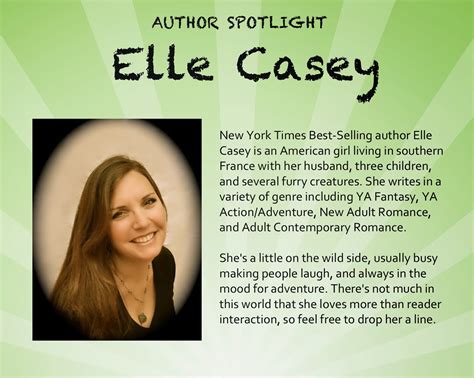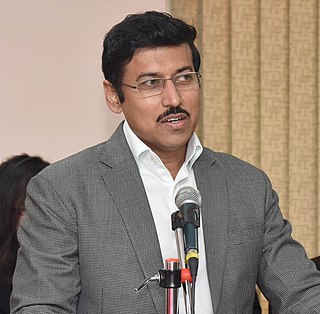A Quote by Anne Rice
People who cease to believe in God or goodness altogether still believe in the devil. I don't know why. No, I do indeed know why. Evil is always possible. And goodness is eternally difficult.
Related Quotes
Goodness was more difficult than evil. Evil men knew that more than good men. That's why they became evil. That's why it stuck with them. Evil was for those who could never reach the truth. It was a mask for stupidity and lack of love. Even if people laughed at the notion of goodness, if they found it sentimental, or nostalgic, it didn't matter -- it was none of those things, he said, and it had to be fought for.
In explaining the growth of his faith, psychiatrist Gerald May writes, "I know that God is loving and that God’s loving is trustworthy. I know this directly, through the experience of my life. There have been plenty of times of doubt, especially when I used to believe that trusting God's goodness meant I would not be hurt. But having been hurt quite a bit, I know God's goodness goes deeper than all pleasure and pain it embraces them both." Ruthless Trust, pg 22
Error is multiform (for evil is a form of the unlimited, as in the old Pythagorean imagery, and good of the limited), whereas success is possible in one way only (which is why it is easy to fail and difficult to succeed - easy to miss the target and difficult to hit it); so this is another reason why excess and deficiency are a mark of vice, and observance of the mean a mark of virtue: Goodness is simple, badness is manifold.
Goodness has no opposite. Most of us consider goodness as the opposite of the bad or evil and so throughout history in any culture goodness has been considered the other face of that which is brutal. So man has always struggled against evil in order to be good; but goodness can never come into being if there is any form of violence or struggle.
There may not be a hell, but those who judge may create one. I think people are over-taught. They are over-taught everything. You have to find out by what happens to you, how you will react. I'll have to use a strange term here... "good." I don't know where it comes from, but I feel that there's an ultimate strain of goodness born in each of us. I don't believe in God, but I believe in this "goodness" like a tube running through our bodies. It can be nurtured. It's always magic, when on a freeway packed with traffic, a stranger makes room for you to change lanes... it gives you hope.
FAITH Coming unto God, I believe that He is, and that He is a rewarder of them that diligently seek Him: I know that my Redeemer liveth; that He is the Christ the Son of the Living God; that He is indeed the Saviour of the world; that He came into the world to save sinners, of whom I am chief. Through the grace of Jesus Christ we believe that we shall be saved even as our fathers withal. I believe verily to see the goodness of the Lord in the land of the living.
I have heard and seen many examples of the cruelty that we are able to visit on one another during my time. . . I have also seen incredible forgiveness and compassion. Yes, each of us has the capacity for great evil. But for every act of evil there are a dozen acts of goodness in our world that go unnoticed. It is only because we believe that people should be good that we despair when they are not. Indeed, if people condoned the evil, we would be justified in losing hope. But most of the world does not. We know that we are meant for better.
Do you know why Satan is so angry all the time? Because whenever he works a particularly clever bit of mischief God uses it to serve his own Rigteous purposes." "So God uses wicked people as his tools?" "God gives us the freedom to to do great evil, if we choose, then He uses his own freedom to create goodness out of that evil, for that is what He chooses." "So, in the long run, God always wins?" "Yes, in the short run though it can be uncomfortable.
... believing in a God whom we cannot but regard as evil, and then, in mere terrified flattery calling Him 'good' and worshipping him is a still greater danger... The ultimate question is whether the doctrine of the goodness of God or that of the inerrancy of scripture is to prevail when they conflict. I think the doctrine of the goodness of God is the more certain of the two. Indeed, only that doctrine renders this worship of Him obligatory or even permissable.





































